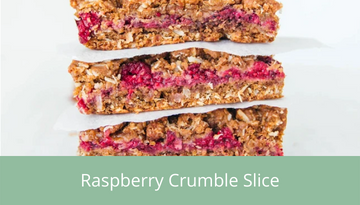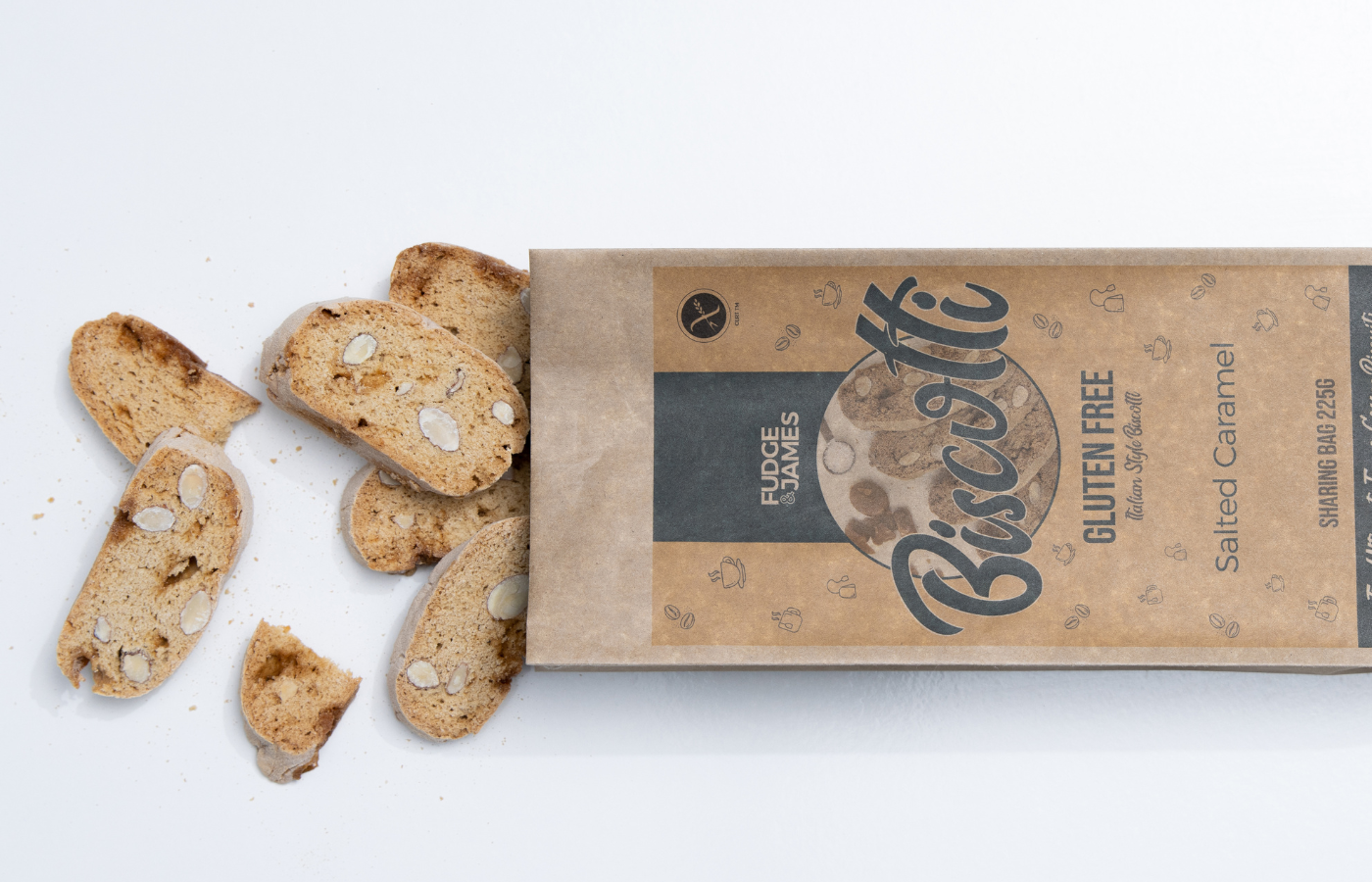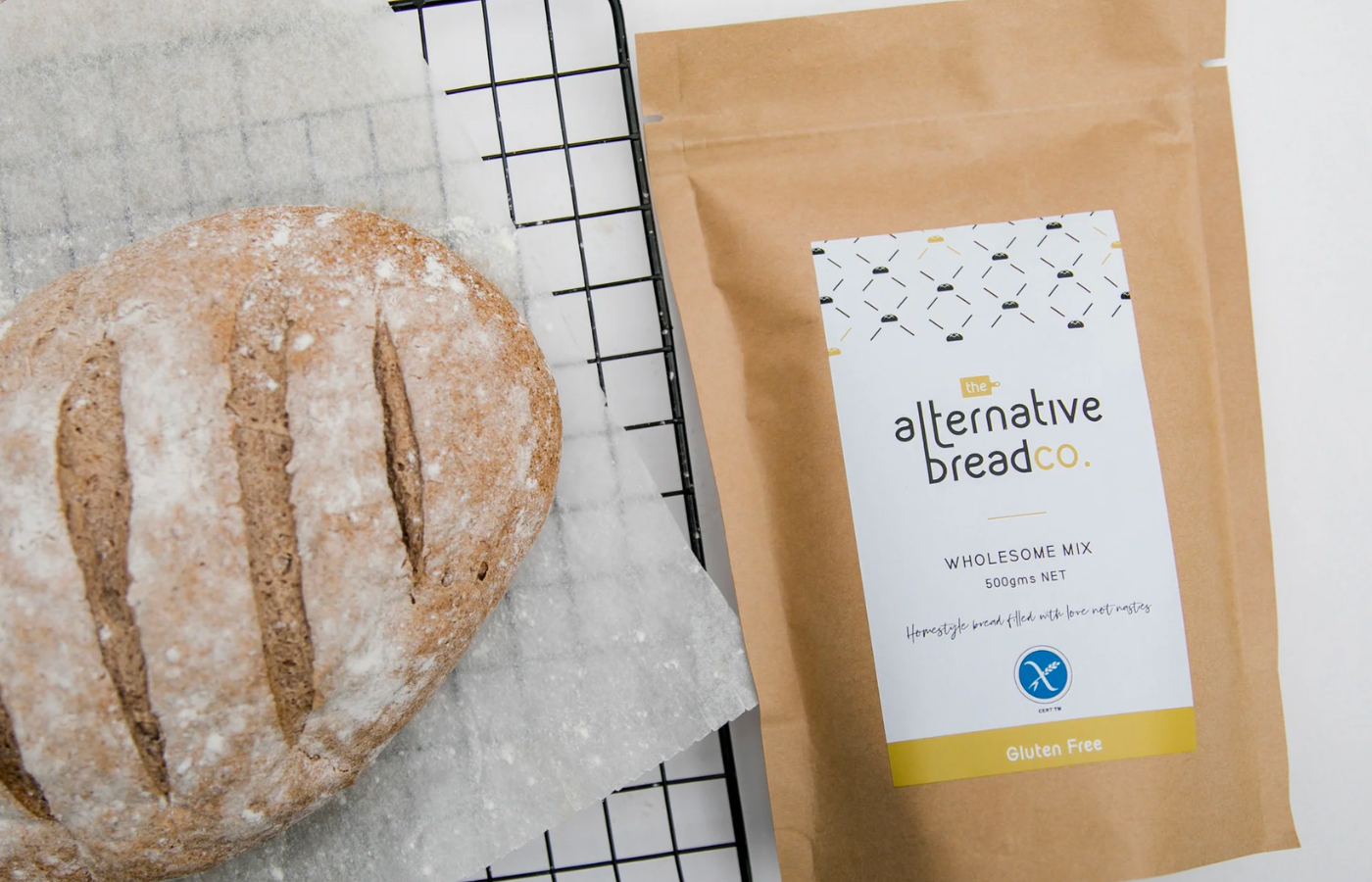Media News Update for the Gluten Free Shop
Coeliac NZ calling for inclusion this Coeliac Awareness Week
Coeliac disease is on the increase1, but exclusion is still a very real experience for Kiwis living with the condition, according to Coeliac NZ. Due to the serious nature of the autoimmune condition, managing coeliac disease is a significant undertaking with the necessity to avoid cross-contamination of gluten. Left undiagnosed, coeliac disease can cause serious long-term health problems.
Coeliac disease is when gluten, a protein found in wheat, rye, barley, and oats, causes inflammation and gut damage. Eating gluten, even in the most minute amount like a bread crumb, can have serious consequences for someone living with coeliac disease.
With an estimated 100,000 people living with the disease in New Zealand, the number of people affected by coeliac disease is significantly more when considering the wider impact on families. A strict life-long gluten-free diet is the only treatment and needs to be managed at home, at work, when eating out and even at school too, as 25% of coeliac cases are diagnosed in children.2If a family member has the condition, they often need separate toasters, cutlery and chopping boards to eliminate the risk of cross-contamination.
Coeliac Awareness Week takes place from the 6th-12th June and aims to raise awareness of the condition and how education, awareness and kindness can go a long way for those living with coeliac disease and their whanau.
The theme of this year’s Coeliac Awareness Week is “Thriving: Living Your Best Coeliac Life.”We want to celebrate the businesses, brands and hospitality venues that are stepping up and recognising the need to provide safe, gluten-free options for the growing number of New Zealanders living with coeliac disease.
With the increase in the incidence of coeliac disease, more food brands have recognised the need to clearly identify which products are gluten-free by displaying the Cross Grain logo that is internationally recognised by those who follow a gluten-free diet. In New Zealand, these products have been reviewed and approved by Coeliac NZ. In addition, Coeliac NZ runs the Dining Out programme which provides an independent endorsement for restaurants, cafes and caterers who want accreditation as safe options for people who are gluten-free.
Coeliac NZ will also be launching a new Wellbeing Journal to coincide with Coeliac Awareness Week which considers health from a whole of person perspective. The content is based on the four cornerstones to wellness: taha tinana, taha wairua, taha whānau, taha hinengaro. Physical health is one aspect of health and wellbeing and cannot be separated from the aspect of mind, spirit, and whānau; Spiritual health the essence of a person is their life force, who and what we are, where we have come from and where we are going; Family health – link to our ancestors, our ties with the past, present and future; Mental health thoughts, feelings and emotions are integral components of the body and soul.
About Coeliac NZ
Coeliac NZ offers advice, education, and support for people in New Zealand living with coeliac disease, their families, and those with non-coeliac gluten sensitivity. We are supported by an experienced and expert Medical Advisory Panel who volunteer their knowledge around diagnosing and managing coeliac disease and their input into the work we do is also integral.
As a not for profit organisation we receive no government funding. Please kindly donate to Coeliac NZ via givealittle.co.nz/org/coeliacnz or online coeliac.org.nz/donate/
Visit coeliac.org.nz for more information about coeliac disease, Coeliac Awareness Week, the Wellbeing Journal and Coeliac NZ membership options. Join during June and pay only the annual member fee – with no joining fee.
References
[1] Singh P, Arora A, Strand TA, Leffler DA, Catassi C, Green PH, Kelly CP, Ahuja V, Makharia GK. Global Prevalence of Celiac Disease: Systematic Review and Meta-analysis. Clin Gastroenterol Hepatol. 2018;16:823-836.e2. doi: 10.1016/j.cgh.2017.06.037.
[2] World J Clin Pediatr. 2021 Jul 9; 10(4): 53–71. Published online 2021 Jul 9. doi: 10.5409/wjcp.v10.i4.53







